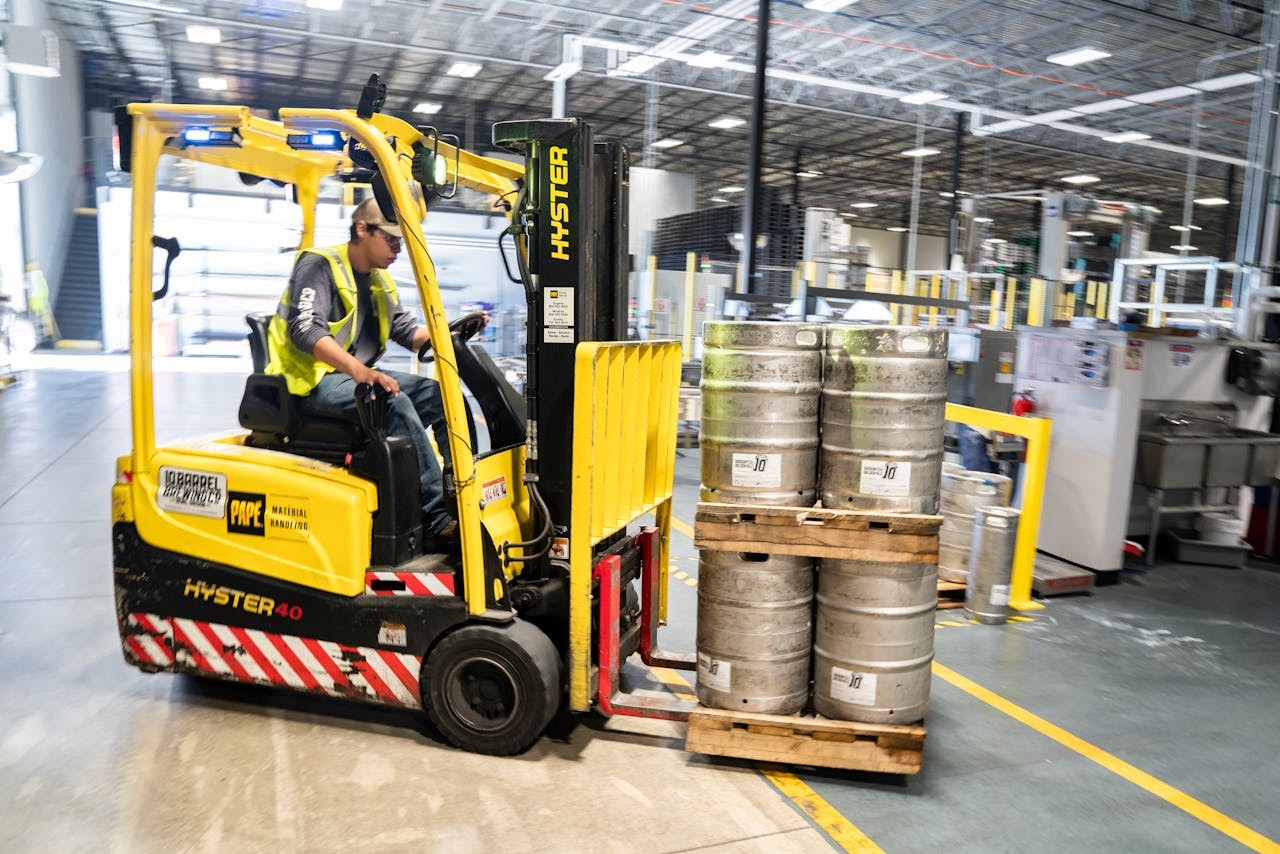
Code Words “EU Omnibus” have been circulating among companies and sustainability professionals
Comprehensive and ambitious EU-level legislation has been introduced for sustainability reporting because past sustainability disclosures have varied a lot, sustainability data has been difficult to compare, and corporate stakeholders have demanded more systematic and transparent communication about a company’s sustainability – both now and in the future.
At the same time as the first companies have started publishing CSRD-compliant (Corporate Sustainability Reporting Directive) sustainability data as part of their management reports for 2024, the European Commission announced its goal to amend and simplify the requirements and principles outlined in the CSRD directive. This initiative is called EU Omnibus.
Omnibus Aims to Reduce Regulatory Burdens on Companies – What Might Change?
The EU Omnibus Simplification Package aims to reduce regulatory burdens on companies, particularly regarding sustainability reporting and corporate due diligence obligations.
Proposed Changes
1. Corporate Sustainability Reporting Directive (CSRD)
- Narrower Scope: Only companies with more than 1,000 employees and either a turnover exceeding €50 million or a balance sheet total above €25 million will be subject to mandatory sustainability reporting. This reduces the number of companies required to report under CSRD by approximately 80%.
- Implementation Delay: The reporting requirement will be postponed by two years for companies currently required to report for fiscal years 2025 and 2026 (so-called “second and third wave” companies).
- Review of European Sustainability Reporting Standards (ESRS): The goal is to significantly reduce the number of mandatory data points, clarify ambiguous guidelines, and improve consistency with other regulations.
- Voluntary Reporting for SMEs: Smaller companies, including those that would fall outside the CSRD scope under Omnibus, will have the option to adopt a simplified voluntary reporting standard (VSME, Voluntary Sustainability Reporting Standard for SMEs).
- Limiting Data Requests from Value Chain Actors: The reporting scope defined by the VSME standard is also proposed as the maximum extent of data that larger CSRD-covered companies can require from smaller suppliers in their value chain for sustainability reporting purposes.
- Additionally, the sector-specific reporting standards are proposed to be abandoned, and the assurance requirement for sustainability disclosures would remain as limited assurance, and not to change later to reasonable assurance.
2. Corporate Sustainability Due Diligence Directive (CSDDD)
- Extended Compliance Deadlines: Large companies (with more than 5,000 employees) will now have to comply with the rules only by 2028.
- Narrower Due Diligence Scope: Due diligence obligations will primarily apply to direct suppliers rather than the entire supply chain.
- Less Frequent Audits: Companies will need to assess suppliers every five years instead of annually.
The “Stop-the-Clock” proposal, the Omnibus I initiative, refers to the two-year postponement of CSRD reporting obligations and the one-year delay in CSDDD implementation. The goal is to give companies more time to prepare for sustainability reporting and ensure they have the right tools and resources to avoid costly errors or inconsistent disclosures. A political compromise is also at play, as not all EU member states have yet implemented CSRD obligations at the national level and are advocating for a reduction in regulatory burden.
Omnibus is also expected to introduce changes to Taxonomy and Carbon Border Adjustment Mechanism (CBAM) regulations. More details are available on the European Commission’s Q&A page.
Where Does Omnibus Stand Right Now?
Not all Omnibus-proposed changes are final, and the decision-making process continues within the EU on a fast-tracked timeline.
At the end of March, representatives of EU member states (Coreper) approved the Council’s position (“negotiation mandate”) on the Commission’s proposal (“Stop-the-Clock”), which postpones sustainability reporting and due diligence obligations as well as the deadline for implementing due diligence requirements.
On April 1, 2025, the European Parliament approved the fast-tracked processing of the Omnibus “Stop-the-Clock” proposal. Just two days later, on April 3, 2025, it was decided that:
- CSRD reporting obligations for second and third wave companies will be delayed by two years.
- Unlisted large companies that have not yet reported under CSRD will now report for the first time for FY 2027 (published in 2028).
- Listed SMEs will report for FY 2028 (published in 2029).
- CSDDD obligations will be postponed by one year, meaning that large companies will now comply from 2028.
What Happens Next in the Decision-Making Process?
Although the proposal has been approved, it still requires formal approval by the Council of the EU. The European Parliament and Council will finalize the agreement in Trilogue negotiations and publish the decision in the Official Journal of the EU.
Next, the Parliament will review the Commission’s proposed content amendments to both directives, and changes will be made to ESRS standards in line with the simplification objectives.
The European Commission has instructed EFRAG (European Financial Reporting Advisory Group) to simplify sustainability reporting standards and define a timeline for their updates. EFRAG aims to publish proposed amendments to ESRS standards by October 31, 2025. Key objectives include:
- Reducing the number of mandatory ESRS data points and prioritizing quantitative over narrative disclosures.
- Clarifying which data points are mandatory and which are voluntary.
- Providing clearer guidance on applying the double materiality principle.
The proposed deadline for national implementation of CSRD’s timeline amendments is December 31, 2025.
The updated ESRS standards will be adopted through delegated regulation at least six months after Omnibus enters into force. The European Commission expects that companies reporting from 2027 will use the updated ESRS standards as a basis. However, there is an option for early adoption, meaning companies could voluntarily follow the new ESRS standards for their 2026 reports.
Active Advocacy Behind the Scenes
The Omnibus process has been marked by intense lobbying from both business-friendly groups and sustainability advocates.
- European business organizations and large corporations support strong simplifications to reduce administrative burdens and costs.
- Environmental and human rights groups oppose significant deregulation, arguing that it weakens the EU’s Green Transition. These groups push for stricter due diligence obligations, particularly regarding human rights and environmental risks in supply chains.
- Sustainable finance organizations and investors (e.g., PRI, Eurosif) warn that weaker CSRD reporting would reduce transparency, making ESG investing riskier. They emphasize that reliable ESG data is essential for green finance and the EU’s climate goals.
We will closely monitor how CSRD and ESRS standards evolve to provide guidance on sustainability reporting.
One thing remains clear: Climate change has not been canceled. Biodiversity loss has not been canceled. And corporate responsibility is here to stay.
***
With Tofuture’s ESG system, companies can collect and consolidate sustainability data according to CSRD’s ESRS standards and the new voluntary standard (VSME) across their entire organization. The system automates data collection, calculates Scope 1, 2, and 3 emissions, and ensures data reliability for external assurance of sustainability reports.
Contact us to plan how we can elevate your sustainability data to CSRD compliance or VSME ready!
Image: Pixabay


































